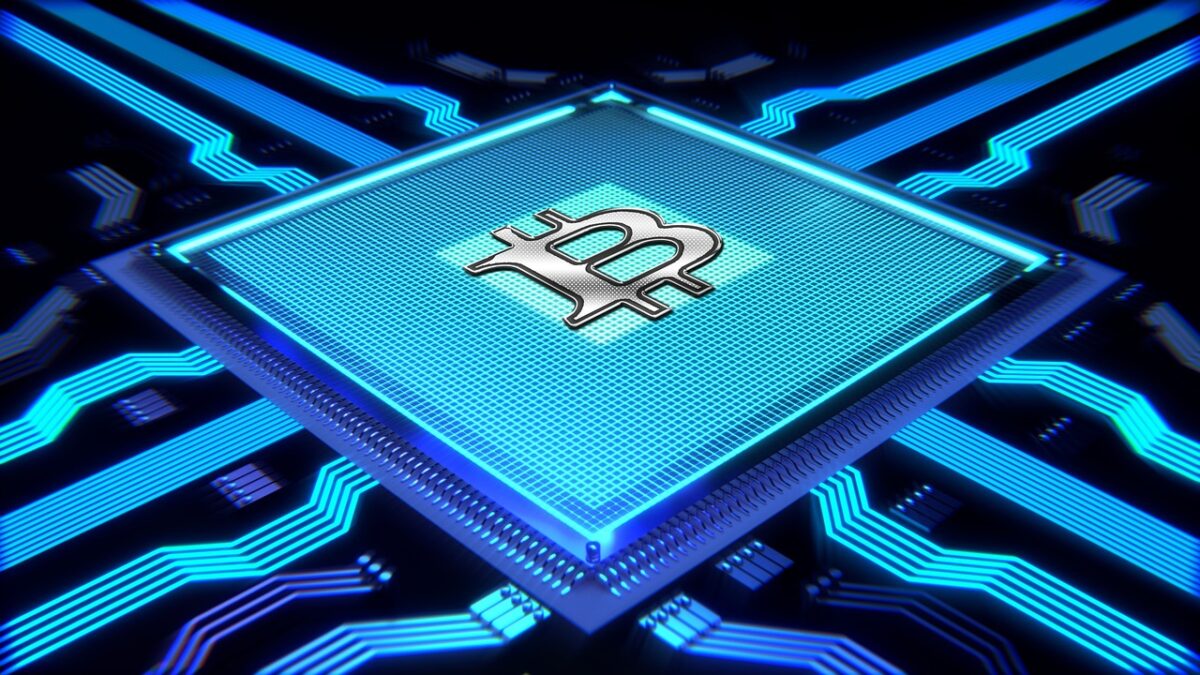Bitcoin mining is a complex process that involves solving complex mathematical equations in order to validate and verify transactions on the blockchain. As the value of Bitcoin continues to rise, more and more people are getting interested in mining Bitcoins. But how long does it take to mine a Bitcoin, and what factors influence the time taken?
The time it takes to mine a Bitcoin depends on various factors, including the mining difficulty, the hash rate of the miner, and the block rewards. Let’s take a closer look at each of these factors.
Mining Difficulty
Bitcoin mining difficulty is a measure of how difficult it is to find a hash below a given target. The mining difficulty is adjusted every 2016 blocks, which is approximately every two weeks, to maintain a consistent block time of 10 minutes. As more miners join the network, the mining difficulty increases, making it harder to find a valid hash.
Currently, the mining difficulty of Bitcoin is at an all-time high of over 21 trillion. This means that a miner would need to make millions of attempts to find a valid hash. As a result, mining a Bitcoin has become increasingly difficult and time-consuming.
Hash Rate
The hash rate of a miner refers to the number of hashes it can compute per second. The higher the hash rate, the more attempts a miner can make to find a valid hash. The hash rate of a miner depends on the processing power of the computer or the mining hardware.
The hash rate of the Bitcoin network is also constantly changing, as more miners join the network. Currently, the hash rate of the network is around 110 exahashes per second. This means that a miner with a hash rate of 1 terahash per second (1 TH/s) would need around 110,000 such miners to match the network hash rate.
Block Rewards
Block rewards are the number of Bitcoins that are awarded to the miner who successfully mines a block. Currently, the block reward is 6.25 Bitcoins per block. This means that a miner who successfully mines a block would receive 6.25 Bitcoins as a reward.
As the number of Bitcoins in circulation increases, the block rewards will decrease over time. This is part of the design of the Bitcoin protocol, which aims to limit the total number of Bitcoins that can be mined to 21 million. The block rewards are scheduled to halve every 210,000 blocks, which is approximately every four years.
So, how long does it take to mine a Bitcoin?
Based on the current mining difficulty, hash rate, and block rewards, it would take a miner with a hash rate of 1 TH/s around 1,200 days or just over three years to mine a single Bitcoin. However, this is just an estimate, and the actual time taken to mine a Bitcoin can vary widely depending on the above factors.
It’s worth noting that mining Bitcoins is not a guaranteed way to make money. The costs of mining, such as electricity and hardware costs, can quickly add up and may outweigh the profits from mining. Additionally, the mining difficulty and block rewards are subject to change, which can affect the profitability of mining.
Conclusion
Mining a Bitcoin is a complex and time-consuming process that requires significant computational power. The time taken to mine a Bitcoin depends on various factors, including the mining difficulty, the hash rate of the miner, and the block rewards. Based on the current factors, it would take a miner with a hash rate of 1 TH/s around three years to mine a single Bitcoin. However, mining Bitcoins is not a guaranteed way to make money and comes with significant costs and risks.

